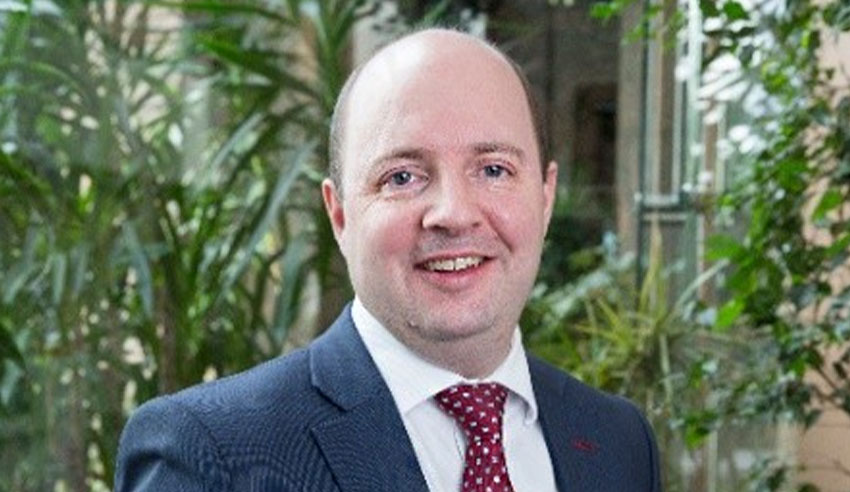As Bob Dylan sang, the times they are a-changin’, and for the first time we are seeing more generations than ever in the workforce, with “Generation Z” the latest to join the fold, writes Matthew Kay.

This generation, like all the ones that have come before, has their own needs and characteristics which have to be carefully managed and it’s important that firms and legal departments keep pace with the changing face of Australia’s workforce.
By 2025 Generation Z is estimated to make up 27 pr cent of the Australian workforce. Nestpick, an apartment aggregator, offers a rather handy description: “Gen Z-ers are known to be digital natives who value security, diversity, and autonomy, and aim to achieve it through pragmatism and determination.”
McKinsey & Company also recognises the generation as the first “true digital natives” who “from earliest youth, have been exposed to the internet, to social networks, and to mobile systems. That context has produced a hypercognitive generation very comfortable with collecting and cross-referencing many sources of information and with integrating virtual and offline experiences.”
Many workplaces, including law firms, are experiencing a never-before-seen phenomenon as people work for longer than ever before and five generations are working alongside each other. Traditionalists, those born before 1946, could potentially be working alongside Generation Z-ers as well as baby boomers, Generation X and millennials. Each generation has its own defining characteristics and needs in the workplace – creating some unique management challenges.
Many GCs are telling us that this shift has heaped a huge amount of pressure onto them as it can be extremely hard to manage so many different types of generational needs in one team, and integrating this latest breed of young lawyers properly, taking into account their specific needs, can be difficult.
Against this backdrop, GCs are searching for ways to ease the headaches that the generational shift has caused them, and we’re seeing more and more in-house teams turning to contract lawyering as a useful remedy to soothe the pain.
Legal teams often need a range of different levels of expertise and newly qualified lawyers are essential to ensure a team is properly resourced to deal with the important day-to-day tasks. However, rather than employing vast numbers of new Gen-Z employees, GCs are increasingly choosing to “parachute in” bright and able newly qualified contract lawyers, who are keen to work in a more flexible way on a case-by-case basis.
It can be a real win-win – in a world that’s tech-savvy and concerned with flexibility, mindfulness and work-life balance, there is a sizeable appetite among many new lawyers to build a career that fits around their life, rather than the other way around.
On the other hand, the GCs are effectively able to outsource and get the talent they need at short notice, without worrying about a lengthy and expensive recruitment campaign, or lobbying the board for budget for a new permanent member of staff. When done right, the arrangement can help both parties immensely.
In short, we’d recommend that any GC not looking into the problems of and potential solutions to this generational shift, starts to do so now. Whether the solution that works for them is contract lawyering, or something else altogether, it’s vital they have a plan for how their company is going to grapple with the new landscape.
There’s no getting away from it, and failing to account for the change risks your business being left behind.
Matthew Kay is managing director of Vario at Pinsent Masons.